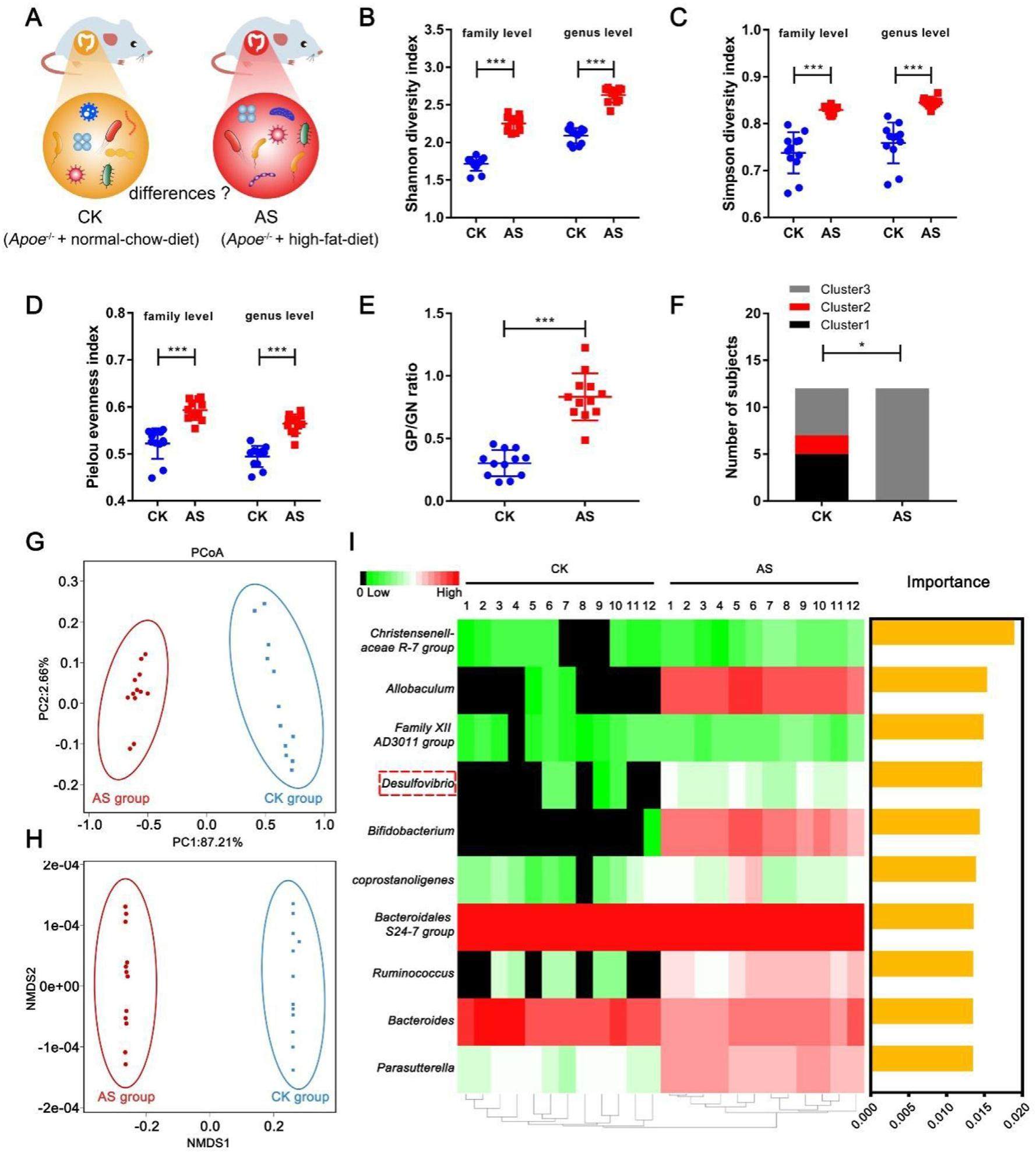
Desulfovibrio desulfuricans aggravates atherosclerosis by enhancing intestinal permeability and endothelial TLR4/NF-κB pathway in Apoe-/- mice


It is increasingly aware that gut microbiota is closely associated with atherosclerosis. However, which and how specific gut bacteria regulate the progression of atherosclerosis is still poorly understood. In this study, modified linear discriminant analysis was performed in comparing the gut microbiota structures of atherosclerotic and non-atherosclerotic mice, and Desulfovibrio desulfuricans (D. desulfuricans) was found to be associated with atherosclerosis.D. desulfuricans-treated Apoe-/-mice showed significantly aggravated atherosclerosis. The proatherogenic effect of D. desulfuricans was attributed to its ability to increase intestinal permeability and subsequent raise in the transit of lipopolysaccharide (LPS) from the intestine to the bloodstream. Excessive LPS in the blood can elicit local and systemic inflammation and activate Toll-like receptor 4 (TLR4) /nuclear factor-κB (NF-κB) signaling of endothelial cells. TAK-242, a specific inhibitor of TLR4, can ameliorate the development of D. desulfuricans-induced atherosclerosis by blocking the LPS-induced activation of TLR4/NF-κB signaling.
